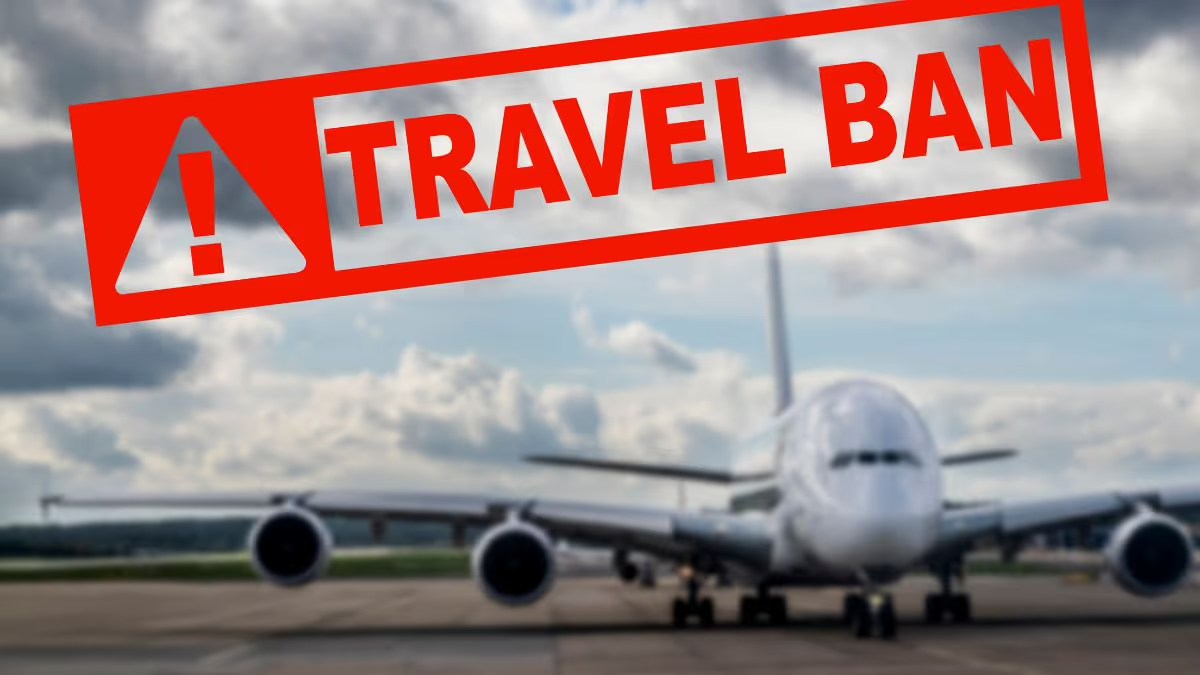The Myth of the Travel Ban List
Recently, a flurry of media reports suggested that the U.S. State Department was contemplating a restrictive travel ban targeting individuals from 43 countries, notably several with active citizenship by investment (CBI) programs. These reports cited a proposed categorization under a three-tier system based on perceived security threats. However, a spokesperson from the State Department, Tammy Bruce, has categorically denied these claims during a recent briefing.
Bruce emphasized, “There’s no list. What people are looking at over these last several days, there is not a list that exists here that is being acted on.”
Impact and Clarification
The rumoured travel ban reportedly placed countries under three categories: red, orange, and yellow, each facing different levels of visa restrictions.
The 'red' list was said to include countries such as Afghanistan and North Korea facing full visa suspensions, while the 'orange' list allegedly targeted nations like Haiti for partial suspensions. T
he 'yellow' list, claimed to comprise 26 nations including several Caribbean states, was reportedly given 60 days to rectify deficiencies or face increased restrictions. These reports had particularly sparked concern among Caribbean nations, which had over the past years enhanced their CBI programs in collaboration with the U.S. Treasury Department to ensure compliance with international security standards.

Reactions and Continuing Review
The denial by the State Department's Bruce not only soothes diplomatic nerves but also underscores the often speculative nature of media reports on sensitive administrative actions.
While the U.S. consistently reviews its security measures, especially concerning visa issuance, the routine review sparked by President Trump's executive order on intensifying vetting procedures has been mistakenly represented as a preemptive travel crackdown.
Singapore, aligning with global security standards, observes these developments closely, given its emphasis on robust regulatory compliance in international cooperation.
Bruce reiterated that the administration's primary focus remains on securing America by scrutinizing the vetting process rather than indiscriminately banning travelers from certain nations. The acknowledgment of ongoing security reviews without the existence of any specific list redirects the narrative towards a broader, more rigorous assessment of policies to safeguard national security while maintaining diplomatic relations.
As such, nations and entities involved continue to monitor the outcomes of these reviews, awaiting official updates that could potentially reshape travel and immigration policies. The clarification provided by the State Department indicates a move towards transparency and regulatory clarity, which is crucial for maintaining international cooperation and trust.























